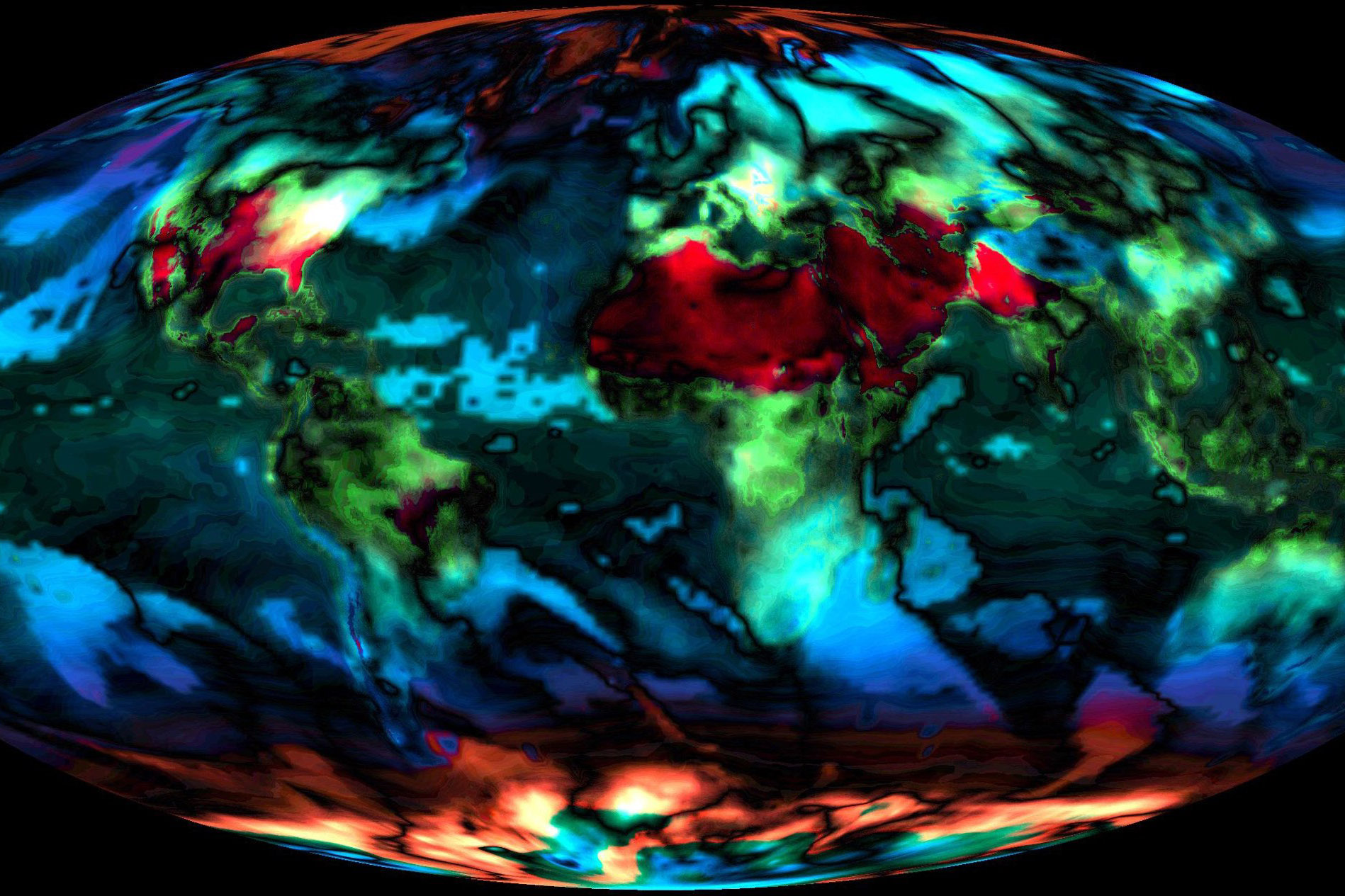Check out our full interview with Myron Ebell in this week’s episode of our new podcast, Trump on Earth, featuring candid blow-by-blow analysis from hosts Reid Frazier and Kara Holsopple.
President Trump has been making good on a variety of campaign promises, from his executive order on immigration to his conservative pick to fill the current vacancy on the Supreme Court. And Myron Ebell, who headed the administration’s transition at the Environmental Protection Agency, says there’s no reason to believe Trump won’t follow through on his controversial promises on the environment too—including big changes at the EPA.
Ebell himself is a controversial figure. He’s director of the Center for Energy and Environment at the Competitive Enterprise Institute, a Washington think tank that promotes small government policies and is a vocal critic of not just the EPA but of climate science in general. When it comes to the EPA, his vision is pretty simple: He’d like to shrink it.
“One of the best ways to make changes is to reduce its role and shrink its workforce,” Ebell says. “I hope the Trump administration is serious about the things they said during the campaign about [the EPA] being an obstacle more than a help; that in many cases, it’s not really concerned with environmental protection, it’s concerned with carrying out the agenda of the environmental pressure groups and what I call the ‘climate industrial complex.’”
Presumably, that would mean going in the opposite direction of, say, Obama’s Clean Power Plan, which outlined steps for reducing greenhouse gases that cause climate change. Trump has called climate change a hoax; and Ebell is often described as a “climate denier.” It’s a label he rejects. He says he doesn’t deny that greenhouse gases can cause climate change; but he doesn’t think the issue is as serious as the scientific community has made it out to be.
“I think the evidence strongly suggests that the amount of warming we’ve seen has been modest. The impacts have been modest and mixed — that is, there have been positives as well as negatives. And though global warming might cause problems sometime in the future, it certainly isn’t a problem today.”
Of course, many scientists disagree. They say global warming is already causing extreme weather, including the record-breaking global temperatures of the past few years and rising seas along U.S. coasts. The military is even starting to consider climate change a risk to national security.
###

